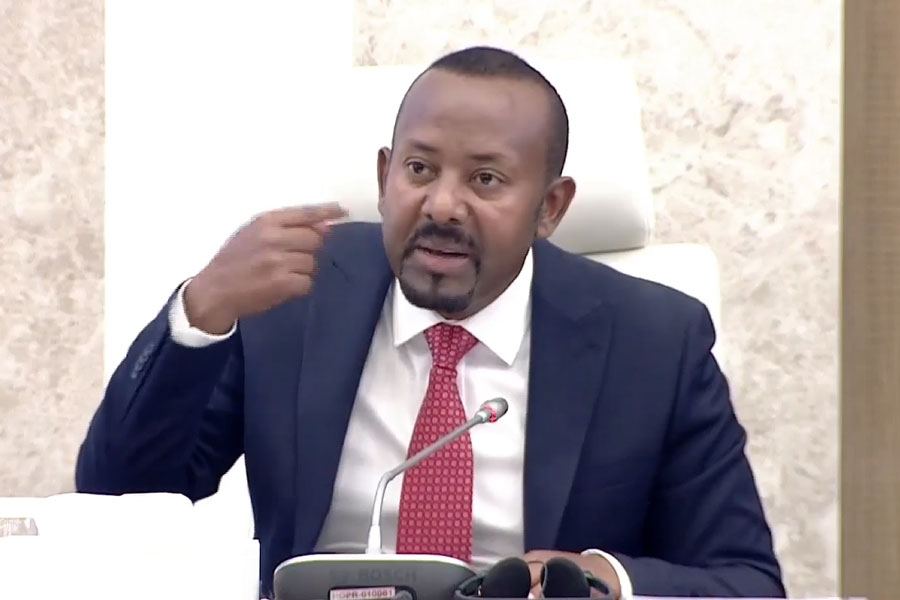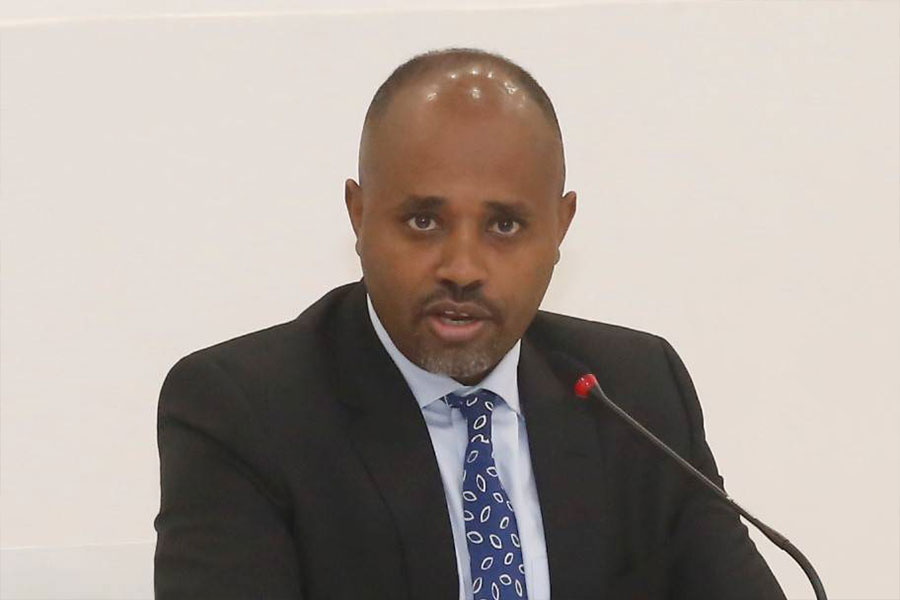
Jul 23 , 2022
By Mindaugas Glodas
The world is seeing substantial growth in the implementation of digitisation projects whilst technology seems to take centre stage. A deeper look into these projects reveals that only a few of them result in the anticipated competitive advantage or real value. It is crucial to think about the broader perspective of change that gets the digital transformation process right, avoids overlooking key aspects, and reaches the desired outcomes.
Experience shows that government digital transformation projects are often complex to plan and execute, and many of them are destined to fail. Only a third of change initiatives succeed, while an additional 16pc will achieve mixed results, according to a study by Gartner, a management consulting company. Consequently, half of change initiatives will fail.
Methodologies, technology and legislation are critical. However, managing change is less significant compared to the importance of leadership and communication of the intended transformation. The vision should clearly address not only the opportunities but the challenges the change will bring as well. Broad digital transformations carry with them unavoidable changes and reshape an organisation’s structure and future. Overlooking these requirements will not produce the expected outcomes and inevitably fail. Communicating and adopting change could radically impact the success rates.
Some steps could be followed on how to communicate and lead a successful change before embarking on a digital transformation project. These are relevant for the private sector as it is for governments, as in the case of Ethiopia, which is implementing a multi-year digital transformation strategy.
Start with management buy-in and commitment. Practical experience executing digital transformation projects across the globe has proven that accomplishing complex change projects begins with leadership buy-in, commitment to see a project through, and planning. Once buy-in is achieved, such leadership will be tasked with setting a vision while highlighting the beneficiaries of the change (the general population), keeping employees involved in the planning process, and encouraging openness to transformation.
Another crucial factor is communicating clearly and honestly. Fostering a culture of change is paramount. Existing standard operating procedures will require adjustments, while current civil servants will need to adapt and sometimes upskill. That is why any organisation looking to transform its operations and services should communicate its plans clearly and honestly as early as possible.
Digitising government services projects is no easy feat and requires communicating intended goals and processes, both internally and externally. Beyond the will to change, many government employees may ask the perpetual question:
“What's in it for me?”
Communicating the answers to this question requires strong leadership that believes in the intended goals. The question can be answered by highlighting the advantages of acquiring new skills, the possibilities of advancement, improved working conditions, and life lessons in adapting to change. Government employees should also take pride in the fact that a successful digitisation undertaking will result in improvements to all citizens’ lives and wellbeing.
However, communicating change should not sugar-coat reality and must convey the risks involved, such as job losses for low-skilled employees.
No less crucial will be to demonstrate a firm vision and openness to feedback. While a clear vision is a recipe for success, so should the acceptance of feedback and constructive criticism from within the organisation. Not everyone will be open to change. That is why throughout the process, all stakeholders must keep in mind and reiterate the value that such change will bring to its providers and intended users. Some benefits could include improved internal efficiency and productivity, better collaboration among government departments, reduced labour costs, and an opportunity to provide civil servants with more advanced skills through additional education and training.
When venturing into digital transformation, change management should not be perceived as an event but as a process. Shaping the future and defining a value proposition to customers and - in government institutions’ case – citizens is what leaders are expected to do on an ongoing basis.
Internally, such projects should be seen as an opportunity for positive change, modernisation and efficient fulfilment of duties. Externally, governments should stress progress and prosperity as the main motives. Internal and external buy-in is critical for any project to succeed.
Expert advice and practical guidelines throughout the change management process dramatically increase the chances of a successful digital transformation.
PUBLISHED ON
Jul 23,2022 [ VOL
23 , NO
1160]


Radar | Jan 16,2021

Editorial | Mar 20,2021

Radar | Jul 13,2024

Radar | Jan 15,2022

My Opinion | Jul 24,2021

Fineline |

Radar | Jul 24,2021

Viewpoints | Aug 18,2024

Radar | Sep 04,2021

Fortune News | Nov 21,2020

Photo Gallery | 177926 Views | May 06,2019

Photo Gallery | 168137 Views | Apr 26,2019

Photo Gallery | 158865 Views | Oct 06,2021

My Opinion | 137029 Views | Aug 14,2021
Commentaries | Oct 25,2025

Dec 22 , 2024 . By TIZITA SHEWAFERAW
Charged with transforming colossal state-owned enterprises into modern and competitiv...

Aug 18 , 2024 . By AKSAH ITALO
Although predictable Yonas Zerihun's job in the ride-hailing service is not immune to...

Jul 28 , 2024 . By TIZITA SHEWAFERAW
Unhabitual, perhaps too many, Samuel Gebreyohannes, 38, used to occasionally enjoy a couple of beers at breakfast. However, he recently swit...

Jul 13 , 2024 . By AKSAH ITALO
Investors who rely on tractors, trucks, and field vehicles for commuting, transporting commodities, and f...

Oct 25 , 2025
The regulatory machinery is on overdrive. In only two years, no fewer than 35 new pro...

Oct 18 , 2025
The political establishment, notably the ruling party and its top brass, has become p...

Oct 11 , 2025
Ladislas Farago, a roving Associated Press (AP) correspondent, arrived in Ethiopia in...

Oct 4 , 2025
Eyob Tekalegn (PhD) had been in the Governor's chair for only weeks when, on Septembe...

Oct 25 , 2025 . By YITBAREK GETACHEW
Officials of the Addis Abeba's Education Bureau have embarked on an ambitious experim...

Oct 26 , 2025 . By YITBAREK GETACHEW
The federal government is making a landmark shift in its investment incentive regime...

Oct 27 , 2025
The National Bank of Ethiopia (NBE) is preparing to issue a directive that will funda...

Oct 26 , 2025 . By SURAFEL MULUGETA
A community of booksellers shadowing the Ethiopian National Theatre has been jolted b...